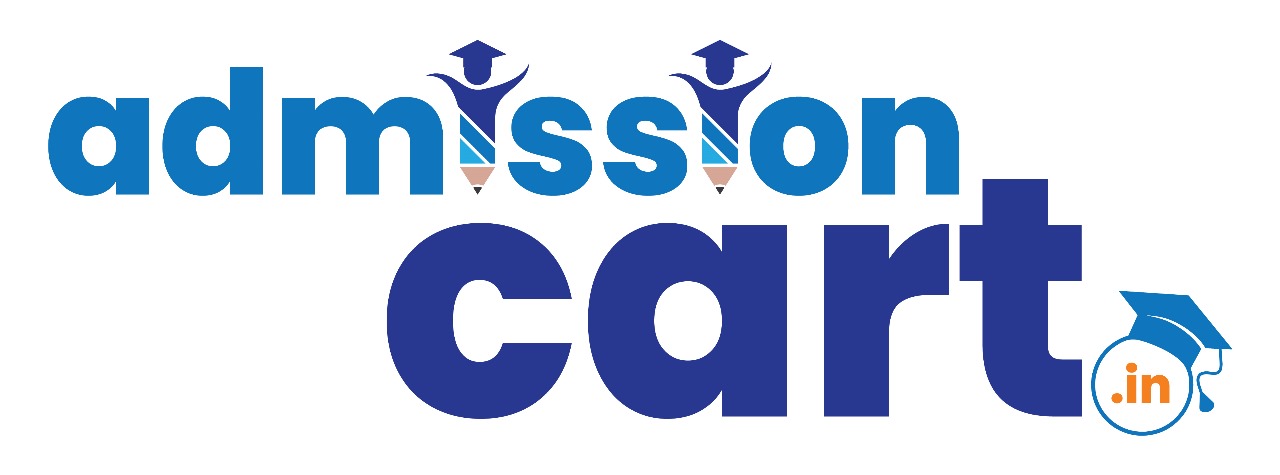Online PGDBFS
Post Graduate Diploma in Banking and Financial Services (BFS) is a specialized program designed to equip students with knowledge and skills related to banking operations, financial management, risk management, investment analysis, and financial regulations.
Average fee: 10000
Duration: 1 Year
Eligibilty: 10+2 or equivalent from a recognized institution.
Universities: 1

Overview of Online PGDBFS
1. Overview of Online PGD BFS Programs
-
Post Graduate Diploma in Banking and Financial Services (BFS) is a specialized program designed to equip students with knowledge and skills related to banking operations, financial management, risk management, investment analysis, and financial regulations.
-
Online PGD BFS programs in India are typically shorter in duration compared to traditional master’s degrees, focusing on practical applications and industry-specific knowledge.
2. Advantages of Online PGD BFS Programs
-
Flexibility: Study from anywhere and at your own pace, allowing you to balance your studies with professional commitments.
-
Accessibility: Access to quality education from reputed Indian institutions without the need for physical presence on campus.
-
Industry Relevance: Gain insights into current trends, regulations, and practices within the banking and financial services sector.
3. Top Institutions Offering Online PGD BFS Programs in India
While specific PGD BFS programs can vary in availability and content, here are some institutions known for offering such programs:
-
Manipal Academy of Higher Education (MAHE): Offers an online PGD in Banking and Finance through its School of Finance and Banking.
-
Institute of Management Technology Centre for Distance Learning (IMT CDL): Provides an online PGD in Financial Management, which covers aspects of banking and financial services.
-
Symbiosis Centre for Distance Learning (SCDL): Offers an online PGD in Banking and Finance Management, focusing on banking operations and financial services.
4. Admission Criteria and Process
-
Eligibility: Typically requires a bachelor’s degree in any discipline from a recognized university.
-
Entrance Exams: Some institutions may conduct entrance exams or require candidates to meet certain eligibility criteria based on academic performance and work experience.
-
Application Process: Involves filling out an online application form, submitting academic transcripts, and possibly letters of recommendation or a statement of purpose (SOP).
5. Curriculum and Course Structure
-
Core Subjects: Cover fundamental topics such as Banking Operations, Financial Accounting, Corporate Finance, Risk Management, Investment Analysis, and Financial Regulations.
-
Elective Courses: Offered in areas such as Wealth Management, Financial Markets, International Banking, and Financial Technology (FinTech), depending on the program and institution.
6. Learning Experience and Resources
-
Online Platforms: Utilize learning management systems (LMS) for virtual lectures, assignments, group projects, and discussions.
-
Interactive Tools: Access to online libraries, case studies, webinars, and industry expert sessions to enhance learning and practical application of concepts.
-
Support Services: Receive academic guidance, career counseling, and technical support remotely. Many institutions also offer networking opportunities with alumni and industry professionals.
7. Career Opportunities
-
Job Roles: Graduates can pursue careers as Banking Associates, Financial Analysts, Investment Bankers, Credit Analysts, Risk Managers, Relationship Managers, and more within banking institutions, financial services firms, and corporate finance departments.
-
Industry Demand: Strong demand for skilled professionals in banking and financial services, driven by economic growth, digital transformation, and regulatory changes.
8. Accreditation and Quality Assurance
-
Accreditation: Ensure that the institution offering the online PGD BFS program is recognized and accredited by relevant educational bodies or regulatory authorities to ensure the quality and recognition of the diploma.
-
Program Reputation: Consider factors such as program accreditation, industry partnerships, faculty expertise, and alumni feedback to assess the program's credibility and relevance in the BFS sector.
9. Costs and Financial Aid
-
Tuition Fees: Vary by institution and program structure. Evaluate overall program costs including tuition fees, examination fees, study materials, and any additional charges.
-
Financial Aid: Some institutions offer scholarships, grants, or flexible payment options to support students in financing their education. Check with the institution for available financial aid opportunities and eligibility criteria.
10. Tips for Success in Online Learning
-
Time Management: Develop a study schedule, set goals, and prioritize tasks to meet deadlines for assignments, exams, and projects.
-
Engagement: Actively participate in online discussions, collaborate with peers, and leverage networking opportunities provided by the program.
-
Self-discipline: Stay motivated, maintain focus, and utilize available resources effectively to maximize learning outcomes and professional growth.
